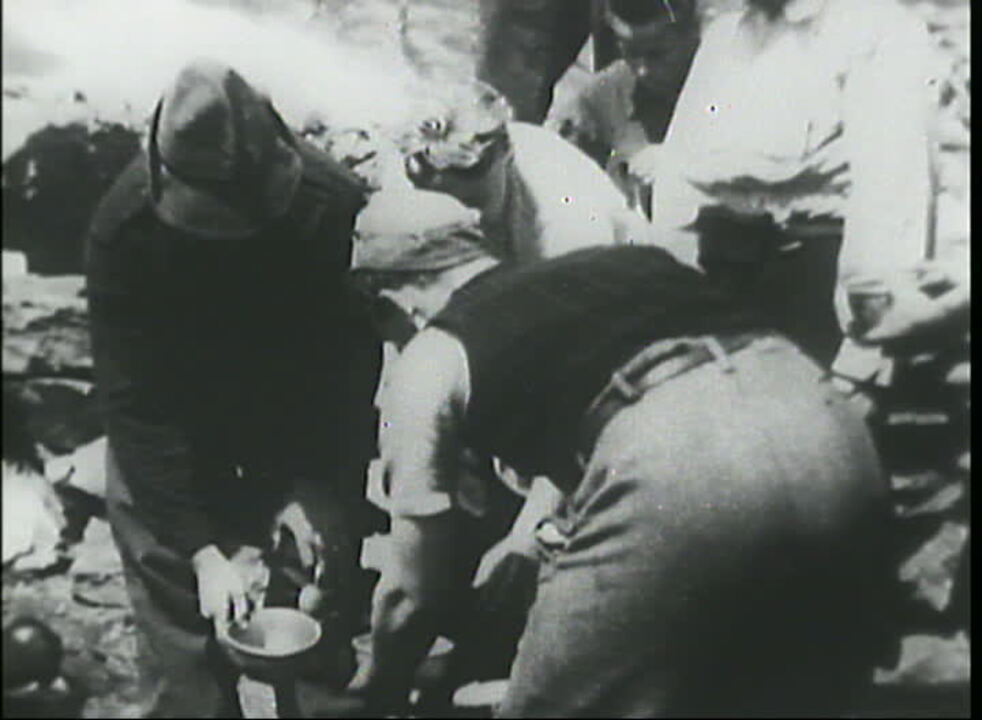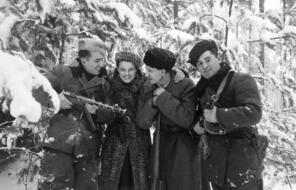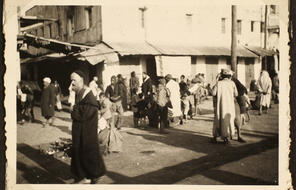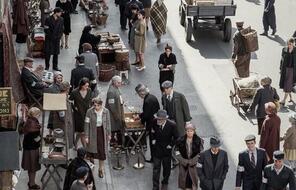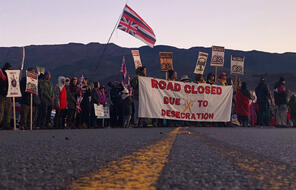[MUSIC PLAYING]
During the day, we were talking about how to make the ambush on the Germans, strategy, how to do it, where to do it. The rest we food, how to get food.
Finding food was a constant struggle for Jewish partisans wherever they were. In some regions, partisans with friendly locals found food more easily. Some were given food. And some took it at gunpoint. But most partisans knew hunger.
To eat, we have to go out and get it. We didn't go into a supermarket to buy. We had to steal it or rob it at night or do something to get it.
Only what we had. We had a bag of beans. So everybody got so many-- five beans, six beans. In this, we survived for a week.
We were 14 people. And we found a batch of potato shells with worms in it and the head of a pig. And we shared it among the 14 people. For six days, we weren't eating. We lived on snow for six days. And then, when we found this, that was like a treasure.
Every night, we went to a different vineyard and cut some of the grapes. And the funny thing is that after the war, for many years, I couldn't look at grapes or eat them.
The area in which I was, the partisan never suffered any hunger. We always had enough to eat. Whereas, in the forest of Poland, they had much more difficulty to get food. So we were really lucky in that respect.
We went to the villages-- the only way, couldn't go to the store-- to buy farm products. Well, we wanted bread, butter and milk, eggs, chicken, and so on, we wanted to buy. So we were chased like animals with axes, with pitchforks, and so on.
You go in with guns. And the person will not give you your food, so you take it yourself. It was a war. It was not a matter of being polite, this way or the other way. Survival was at stake.
Food left behind by the enemy had hidden dangers.
Sometimes they put mines, the Germans, when they're burning up everything. Or you can go to the table, you can see a nice meal, and you try to grab the meal to eat or the bread, and there is a hidden bomb there. And it can blow you up. So we're hungry, and we see this stuff, you cannot touch it. And everyone was afraid.
Besides sustenance, partisans used food as a weapon when they kept it from the Nazis.
You see, the farmers had to give to the Germans every month a certain amount of cows, certain amount of pig, certain amount of chicken, certain amount of eggs, certain amount of all kind of things. So we used to go to the village, take everything away, and the Germans got nothing.
[MUSIC PLAYING]
